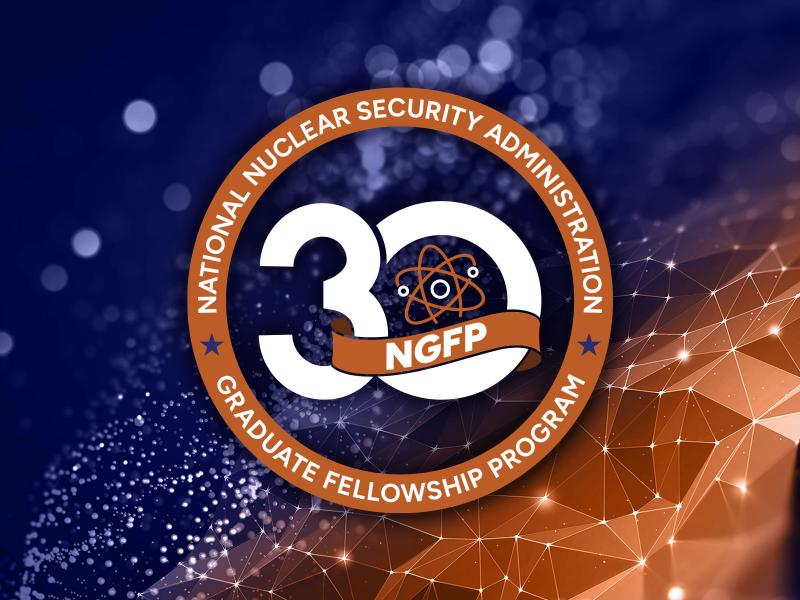Featured Stories
Subscribe
to receive PNNL
news by email:
Latest Stories
574 results found
Filters applied: Nuclear Nonproliferation, Wind Energy, Energy Efficiency, Future Computing Technologies
























